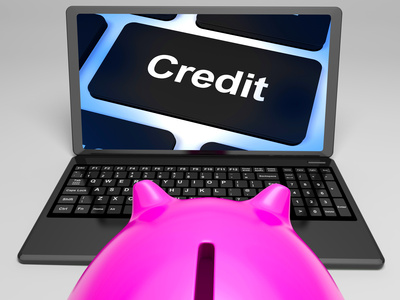Last Updated on Feb 28, 2020 by James W

Since the middle of the 20th century, the use of cash in society has inexorably declined . We have always looked for faster, safer and more convenient ways to pay our way, and new innovations and technological advances have helped us to achieve this. The natural consequence of this however, has been the decline of our most rudimentary payment method.
A Brief History
Direct banking transactions, cheques and payment cards emerged in the 1950s and 60s .In the following decades financial infrastructures paved the way for debit transactions and technological innovation saw the adoption of magnetic strips, pin entry technology, and most recently contactless payments. In turn, the Internet has heralded online consumerism and online banking, and this added with modern smart phone technology is now setting the stage for entirely virtual currencies, such as Bitcoin and Facebook gaming currency. As a result all of these developments have diminished the role of cash and today we are at the point where even the most innocuous of purchases are paid by card rather than cash.
While the reality of a cashless society is a long way from being realised many remain reluctant to see the use of cash decline or even disappear – this is often due to deeply ingrained familiarity and fondness rather than any tangible advantages to using cash. No doubt this same reluctance was apparent when coinage made the switch from precious metals to non-precious metals. However, with change come benefits and it is important that societies understand the advantages that moving away from the cash can bring.
The predominant driving force for advancement and innovation in monetary payment is convenience, and there is no denying that a cashless society is certainly a convenient society.
Merchants, companies and organisations spend lots of time effort (and money) keeping track of their cash, and it takes resources and money to move it around, including security services to keep it protected. The overall burden of processing physical cash is surprisingly high and, for public sector organisations, this cost is ultimately paid by the taxpayer. While card and digital transactions still require verification, the process is much more streamlined, and of course there is no need for logistical or expensive physical protection.
For the average consumer a cashless society would equally have convenience and safety benefits. There would be no need to carry around bulky wads of cash or change, worry about how much they have on them at any given time or indeed when they will next need to make a withdrawal. The advantages are even greater for travelling as there is no need to exchange cash or carry around lots of money.
Another driving force is security, which is definitely something a cashless society would help to promote. For example, if a thief steals your wallet any cash can be taken and spent with ease. However, if the wallet only contains cards these can be easily and quickly cancelled leaving the thief empty handed – reducing the motivation for the crime in the first place.
There is no denying that payment cards and electronic payment processing methods provide numerous advantages for the way in which we spend and move our money. However it is important to remember how we define a cashless society – is it a society that prefers not to use physical money? The second scenario is far more complex and has many more implications than the first, but perhaps we are heading for both of them.
Sources:
https://www.telegraph.co.uk/finance/newsbysector/banksandfinance/6968143/Is-a-cashless-society-on-the-cards.html
https://www.bbc.co.uk/news/magazine-18401164
Author Bio:
This post has been supplied on behalf of First Data Merchant Solutions, the payment processing partners.
image source: fotolia




